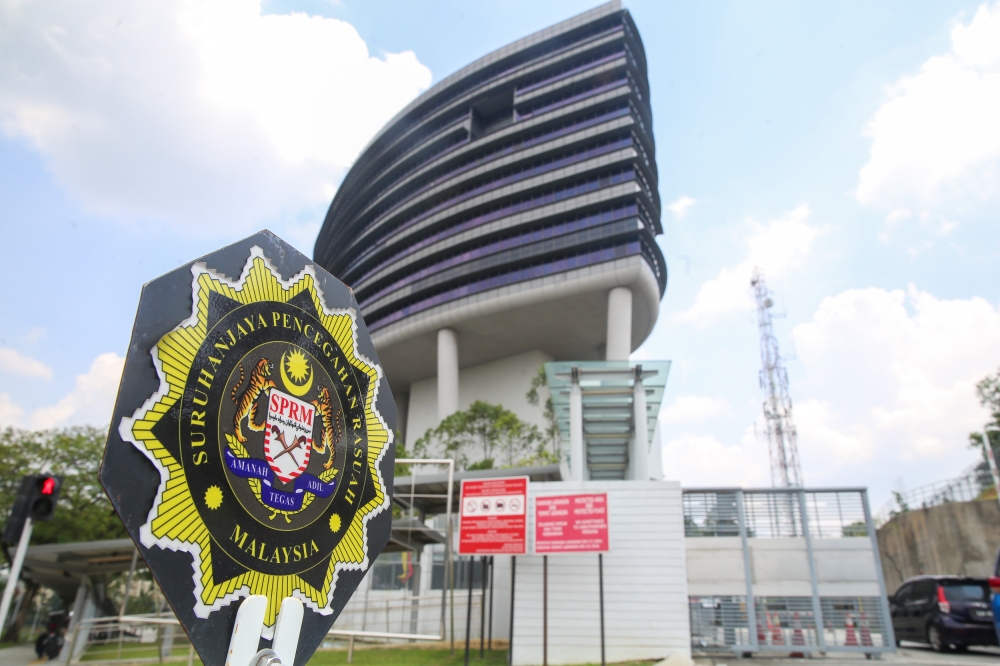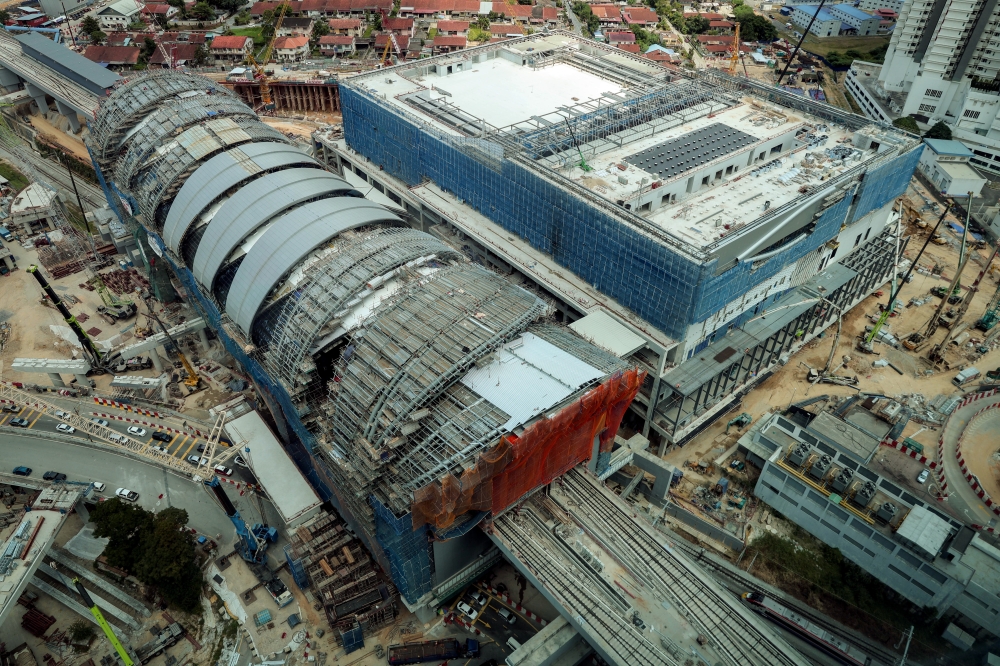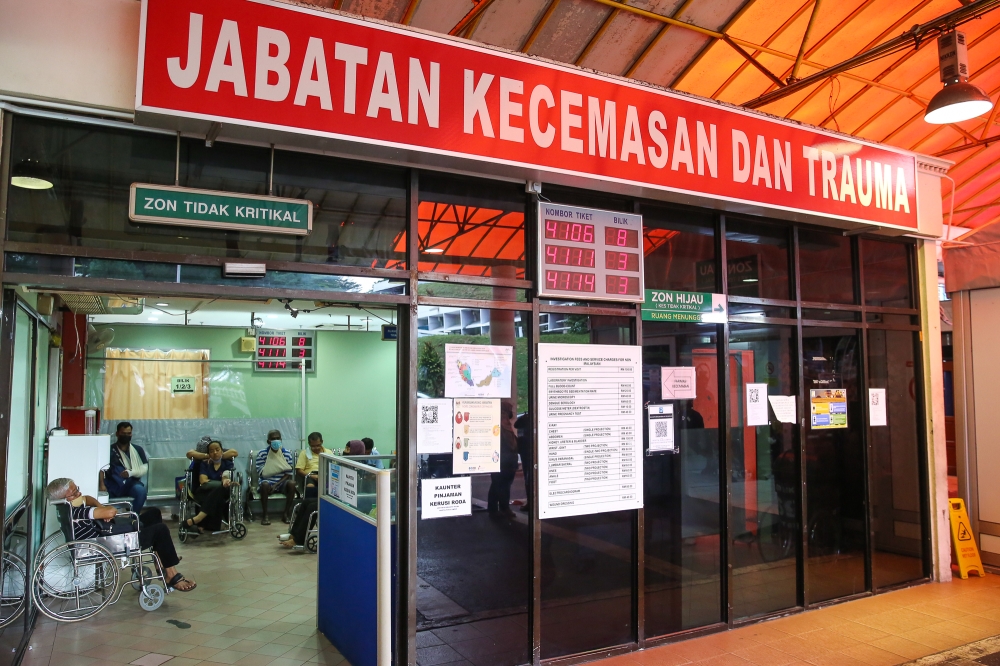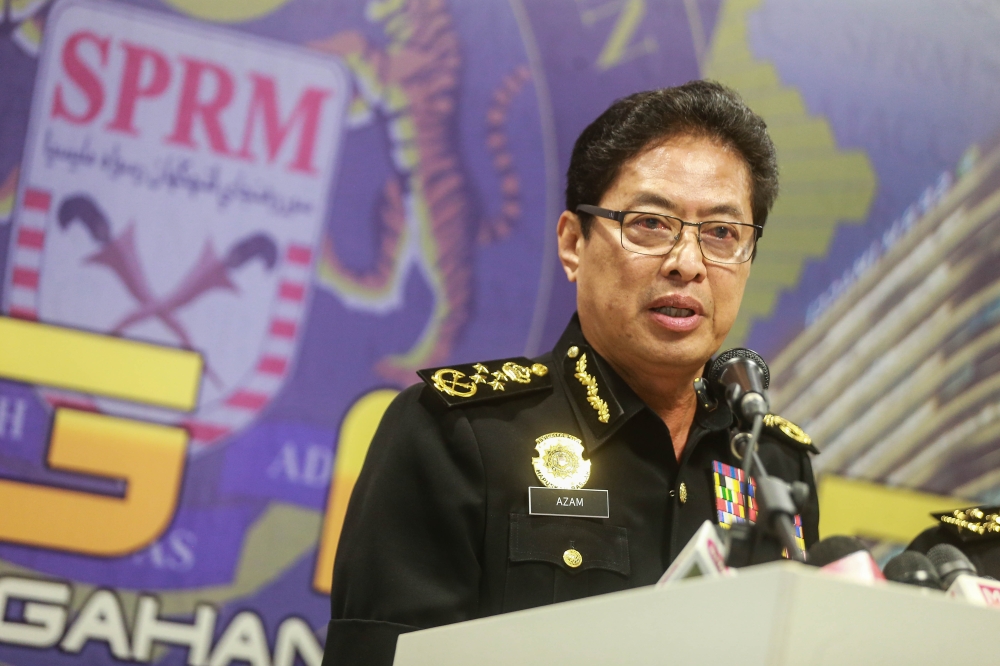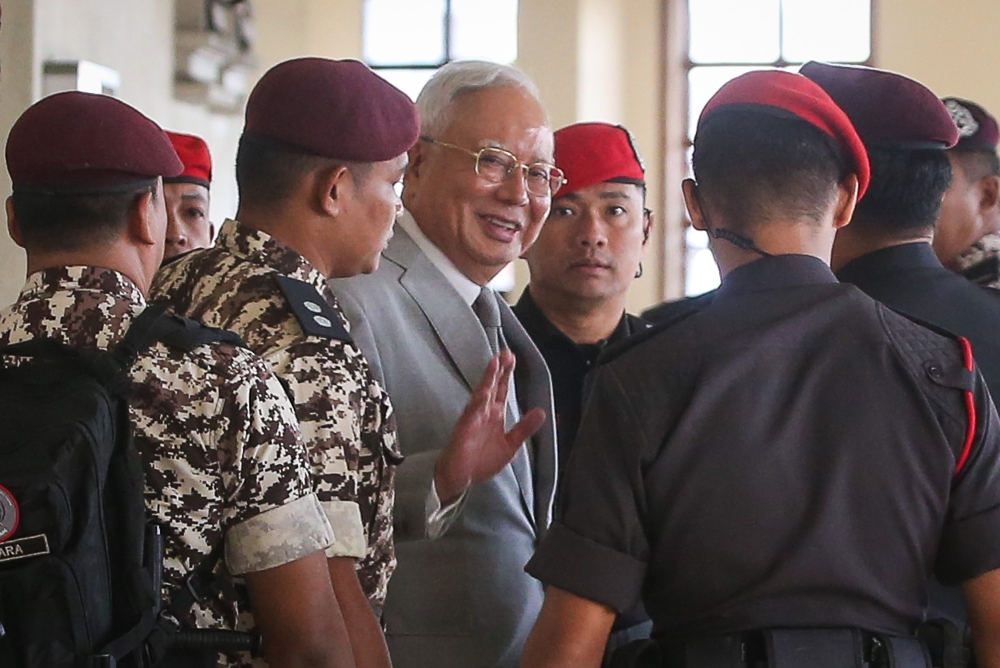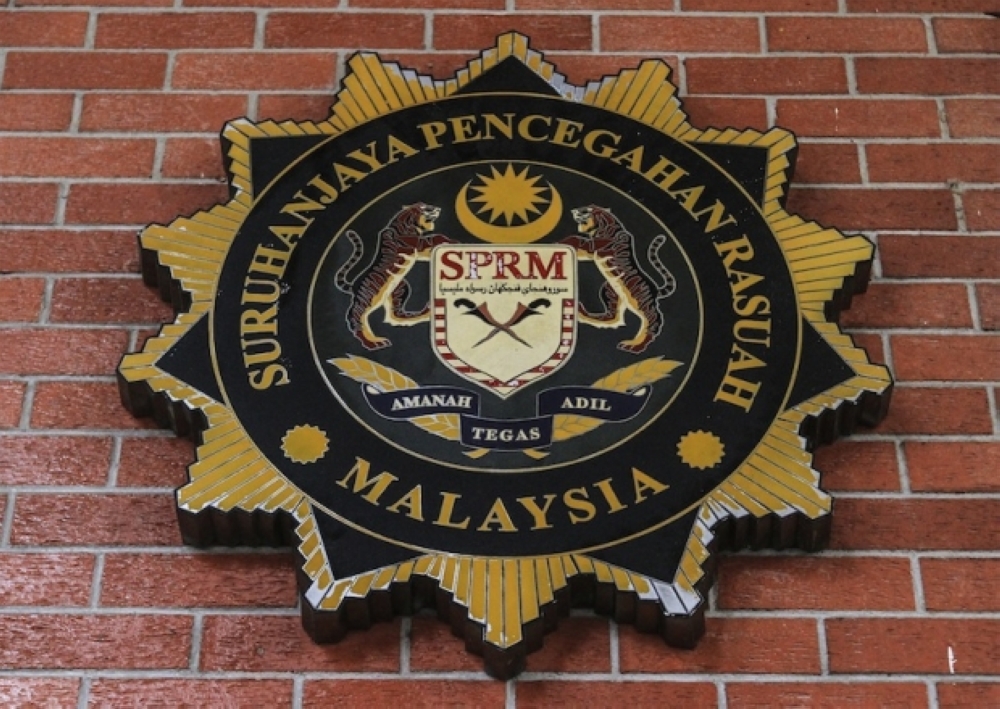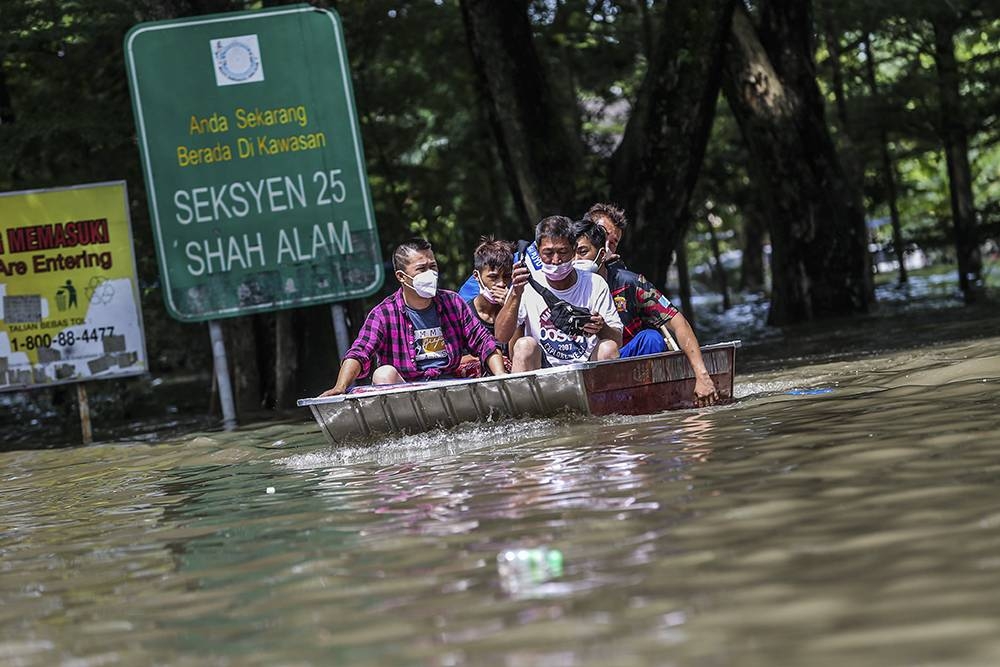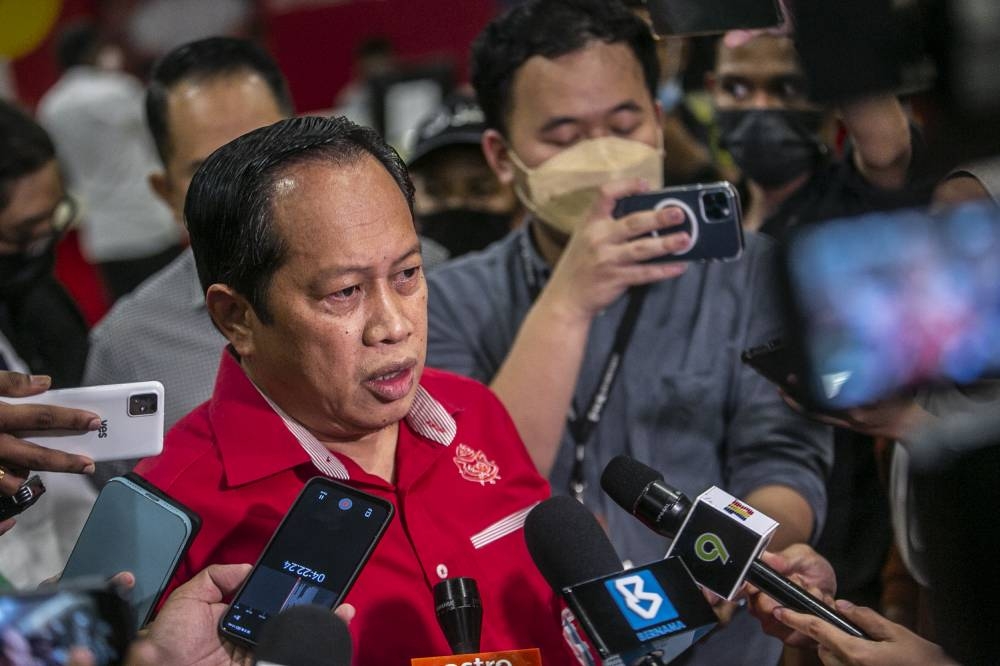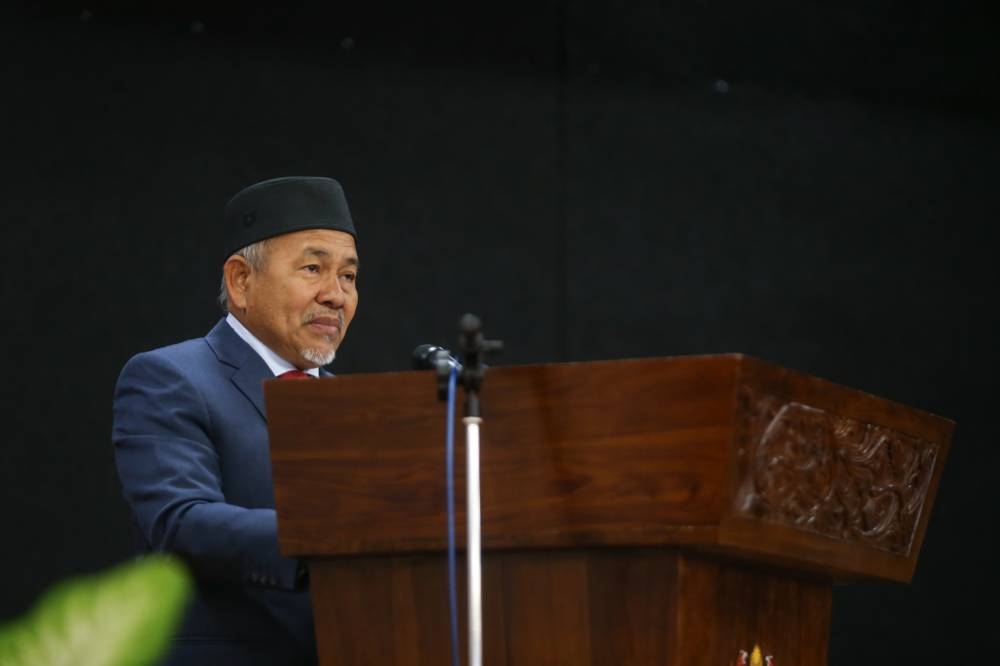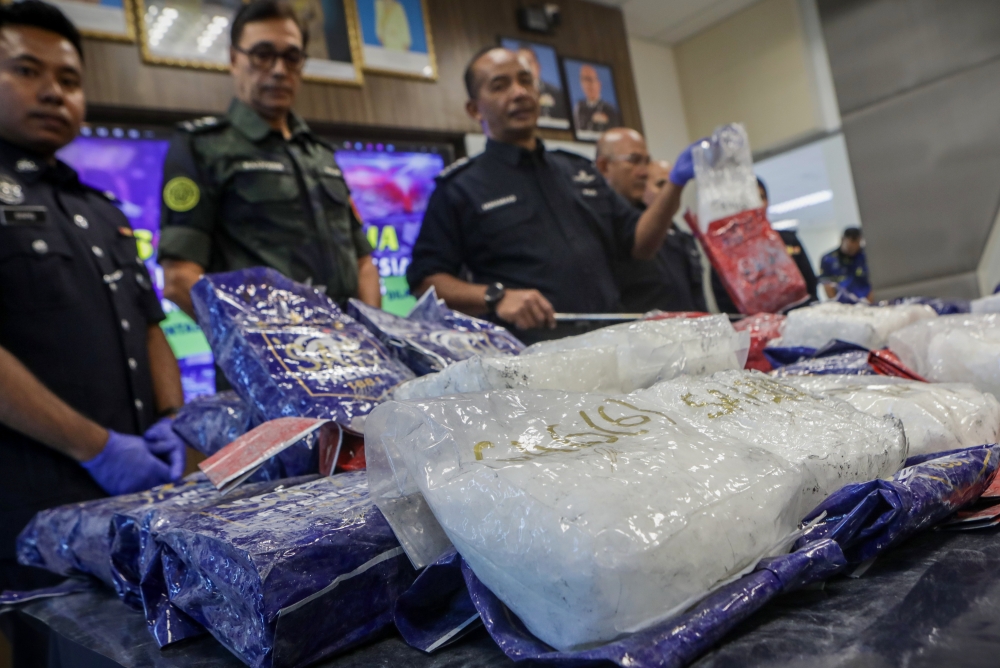KUALA LUMPUR, Sept 26 — Malaysian taxpayers could have to pay up to an additional RM1 billion for the country’s 15th general election if the ruling coalition forces one in November or the heart of the yearly monsoonal floods, a former Election Commission (EC) chairman predicted.
According to Tan Sri Abdul Aziz Yusof, adverse weather was a factor that heavily influenced the EC’s recommendations on the best — and worst — times to hold general elections that were due once every five years.
“When it comes to determining the date of an election, EC can only act as an advisory entity. We will consider factors like the weather forecasts and whether there are any festivities around the date.
“But the government will decide whether the date is feasible or not. I think if the GE15 is going to be on November, another extra RM1 billion will be spent,” he told Malay Mail.
This would mean that the additional expenditure alone for the poll would be around double what it cost to conduct the 2018 general election in its entirety.
Abdul Aziz said that most of this extra RM1 billion would be spent on logistics, particularly on transporting voters to their respective polling stations in constituencies that were flooded.
The prediction would put the cost of holding GE15 above what it would have cost the country to hold a general election at the end of 2020 or during the height of the Covid-19 pandemic.
Minister in the Prime Minister’s Department Datuk Takiyuddin Hassan told Parliament that the additional measures and precautions of the movement control order (MCO) meant it would have cost RM1.2 billion for Malaysia to go to the polls then.
According to the EC in 2018, it spent RM460 million to conduct GE13 and RM500 million for GE14. Both were already significantly more than the RM171 million that was allocated for the 2008 general election.
Yesterday, the EC was quoted saying the 15th general election could cost taxpayers up to RM1.1 billion in what could be the most expensive national polls to date.
The addition of some five million new voters into the electoral roll will be the main driver of the surge in costs which is double the spending for the previous polls and when turnout was at a record high, EC chairman Tan Sri Abdul Ghani Salleh reportedly said.
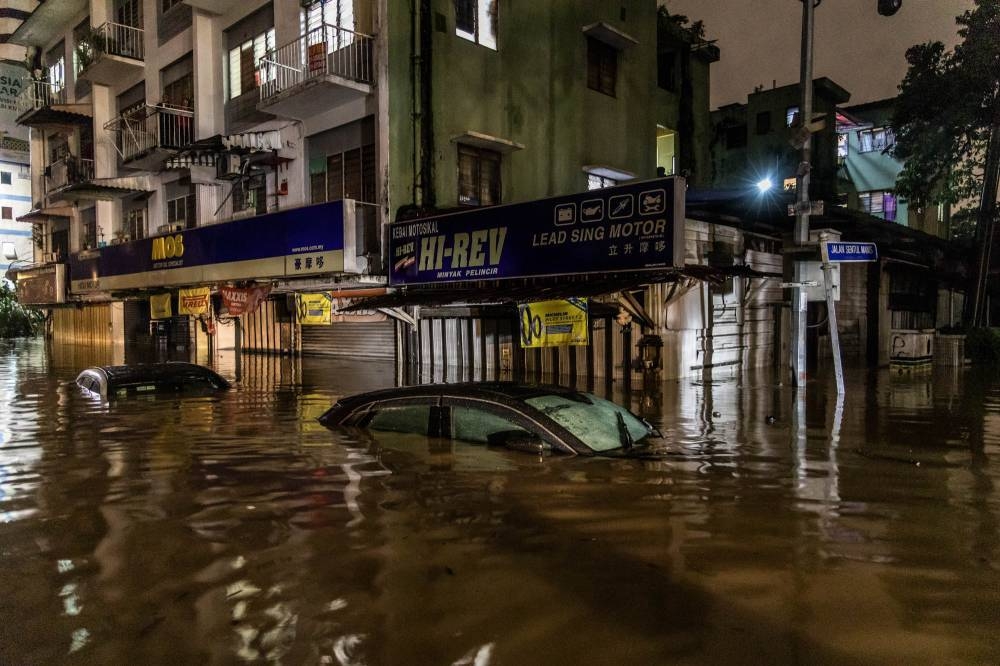
Abdul Aziz explained that a hypothetical GE15 during flood season would be more complex as the commission would also have to coordinate and liaise with additional entities such as the National Disaster Management Agency (Nadma) for remedies.
“Such situation will create disinterest from the voters as they will absolutely prioritise their lives over some political event.
“So, if the general election is going to be in November, people are going to blame EC for that decision,” he added.
Previously, Malaysian Meteorological Department (MetMalaysia) director-general Muhammad Helmi Abdullah told English daily New Straits Times that the north-east monsoon expected to be in mid-November would bring continuous heavy rains that could lead to major floods.
Malaysia nationalist party Umno has been agitating for an early general election within the year, with speculation that this could be in November as the 2023 Budget has yet to be tabled.
The rumours gained traction after Prime Minister Datuk Seri Ismail Sabri Yaakob announced that the tabling of the federal spending plan would be brought up by three weeks to October 7, with speculation that Parliament would be dissolved immediately or soon after.
Opposition parties including Pakatan Harapan were against holding the GE15 in November, saying the predicted heavy rains and floods would make conditions treacherous for Malaysians.
Last year, Malaysia suffered one of its worst floods on record, causing an estimated RM6.5 billion in property damage and displacing over 71,000 people.
The floods were particularly severe in Selangor, the country’s most industrialised state, where nearly half of the 54 flood-related deaths occurred.
* Editor's note: An earlier version of this article contained an error which has since been rectified.



